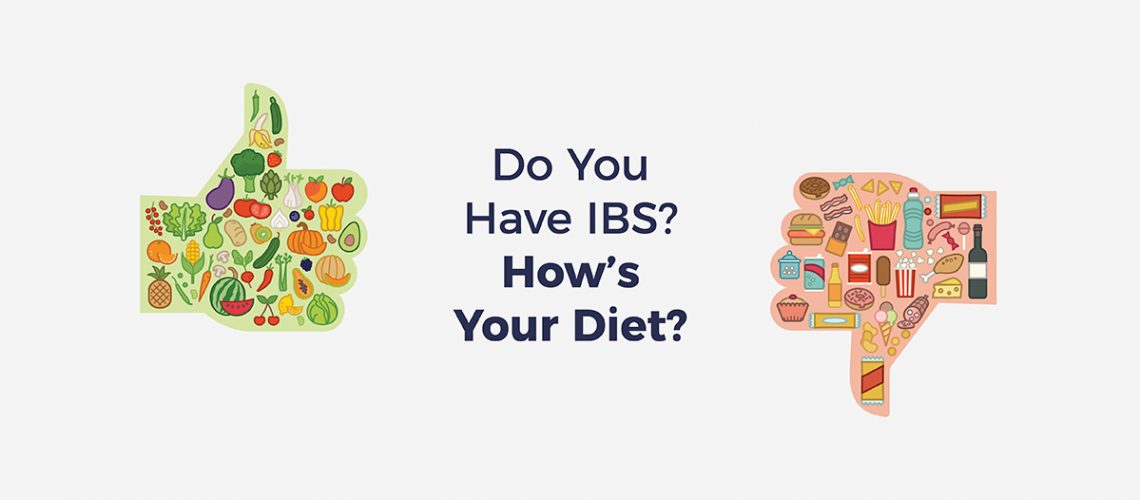Digest This
Click on the topics below to learn how probiotics can improve your digestive health, naturally.

How Diet Affects IBS
- @drHoberman
- Diet, Digestive Health
Poor Diets Increase IBS Problems
For those who suffer from irritable bowel syndrome (IBS), not a day goes by without the imminent reminders of symptoms of diarrhea, constipation or both. But, did you know up to 45 million Americans suffer from IBS, the most common reason patients consult with a gastroenterologist?
Although the experts aren’t exactly sure what causes IBS, a lot of factors play a role, from emotional issues and bacterial infections in your digestive tract to food sensitivities.
What’s more, these factors vary among patients, and there are different subtypes of IBS, depending on whether diarrhea (IBS-D) or constipation (IBS-C) dominate or both symptoms alternate (IBS-A).
However, we may be learning some important clues about the causes of severe IBS related to a very familiar culprit of all sorts of gut health problems: The typical Western diet filled with low-fiber processed foods and bad fats.
Bad Diets, Severe Symptoms
Suspecting poor diets could be a major factor in IBS, a group of European researchers compared the health of 149 adults with IBS (almost half suffering from severe symptoms) to 52 healthy patients by monitoring their eating habits (four days) and stool samples (two weeks) closely via detailed diaries.
Once patients turned in their diaries, three facts stood out right away.
- Eating meats and plant-based foods were major drivers in determining dietary patterns. (This makes sense given what we know about paleo diets creating serious gut health imbalances and heart health problems.)
- IBS patients with more severe symptoms ate diets filled with more sugary, carbohydrate-rich, low-fiber processed foods that are found in the Western diet.
- The guts of IBS patients produced a lot of specialized microbial enzymes related to breaking down complex carbohydrates known as food glycans. That overproduction of glycans is important, given how they shape bacteria in the human gut, according to a study appearing in Nature Reviews Microbiology.
The Take-Home Message
If you’re suffering from IBS, many physicians will recommend eating a more balanced diet focused on avoiding gluten and foods that generate more gas and consuming more fiber. Your doctor may also recommend following a low FODMAP diet, and other important lifestyle changes, like reducing your stress levels and getting more sleep and exercise.
If you’re having problems with IBS, you may want to avoid a drug like alosetron (Lotronex) that has its own share of unpleasant side effects, and consider taking a probiotic.
In addition to protecting the overall health of your gut, probiotics work well to maintain the motility in your intestines which lessens constipation, plus they are a safe, effective means to treat diarrhea too.
In fact, the latest guidelines issued by the British Society of Gastroenterology in the medical journal Gut now recommend probiotics as a frontline treatment for IBS.
But, not any probiotic will do the trick.
Taking a probiotic formulated with multiple strains of beneficial bacteria like EndoMune Advanced Probiotics —‑with 10 buildings blocks from the Lactobacillus and Bifidobacterium families — will help to treat the symptoms of IBS more effectively plus give your body’s immune system a much-needed boost.
Resources
There Is An Endomune Probiotic For Every Lifestyle
-
EndoMune Metabolic Rescue
$44.95 -
EndoMune Advanced Probiotic
$42.95 -
EndoMune Companion Pack
$112.93









